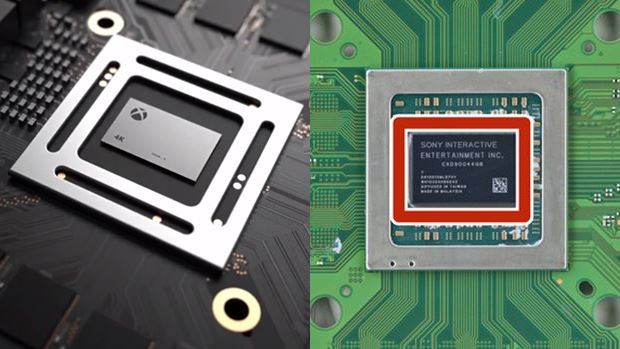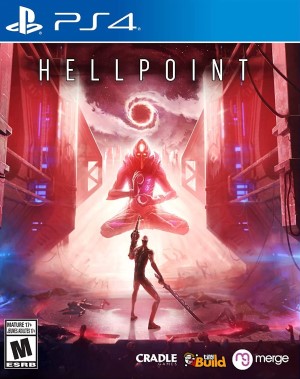One of the big issues we have with the current generation of consoles, and their successors, is that there is not quite a whole lot of room left for them to go in the future. Yes, they can be more powerful, but that will deliver just the same thing as before, but prettier—and because of mass market cost considerations, as well as diminishing returns, not even that much prettier compared to what we have now either.
So where do consoles go from here? Nintendo will very clearly continue to do their own thing. They are the one company that have allowed themselves lateral room for movement with consoles rather than only linear progression. But what about the PS5 and the Xbox Scarlett? Where do those go?
Speaking to GamingBolt in an exclusive interview, Cradle Games technical director Marc-André Jutras spoke about his aspirations for what he wants those consoles to do—which is to, hopefully, support neural networks.
”What I would like to see in the future, and it will be a bit hard, is neural networks,” he said, before adding that for now, we are not there from a mass market perspective.
“But,” he added, “I think it’s something that comes to video games. Let’s say in Assassin’s Creed, the games learn you keep doing specific quests or things, and adapt some of themselves to how you play. I think that’s something we start seeing. Because it’s really easy to get bored in big world games. It’s easy to say “Oh I saw the same thing over and over”, there’s a diminishing returns to the fun factor of games. So if the game can learn when you are about to get bored, and generate something for you at that moment, I think that could be awesome.”
When specifically asked if he feels like the next generation of consoles may be able to pull off something like this, he sounded hopeful about it, noting that the CPU constraints that prevent this in current generation machines will hopefully no longer apply next gen.
“Yeah, right now the current generation doesn’t have the CPU power to run neural networks properly,” he said, “but I think the next generation will have enough power to let developers take one or two threads at the side and let them run some neural networks at the side. I think it’s something that we will start seeing slowly happen in games.”
Neural networks are an interesting idea, at least, and I think that they would allow for more meaningful improvements to games over just the same thing, but better looking, which is what this generation of games has largely been so far.
If you are interested in more of Marc-André Jutras’ thoughts on next generation systems, make sure to check out his statement on why the next generation won’t be discless, or why streaming won’t be the main form of gaming next generation.
















